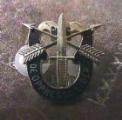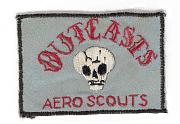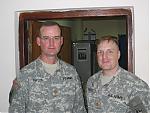I agree 100% that all those regs, required training, etc... eat up a lot of time, and are often a pain, but that does not mean you should finger drill them. That is a leadership failure if you are directing or allowing your NCOs and officers to just make up data. If something didn't get done, you need to be honest and tell higher. A false report is a false report. That said, I do suspect a lot of false data is created, but does not make it right.
I was the HHB XO, and the only LT in the Battery, so I was the OIC of every area for a Corps ORA 3 months after we returned from a deployment. I relied on all my NCO's to do their job, and told them to be honest with their areas. If things could not get done because we had no time, they developed a plan to fix them, and we continued mission. We got 90% of the stuff done, and told the commander a plan to fix the 10%, and this was briefed by my battery commander to the battalion commander. My commander was/is a good man, and he wanted an honest assessment. Same deal on the BN CI. I worked with the Commanders and 1SG's to get the inspections and fixes they needed, but I would not fudge the results, and the colonel got an accurate assessment of his battalion.
I agree training days are limited, and that is why commanders assume risk in their plans. If you are going to forgoe an area, you need to be willing to tell higher why, and not cover it up. When we start picking what regs or rules we follow, that is a slippery slope. And I will say, after both of those experiences, a lot of the regs do make sense, in the larger picture. When you see the forest, they do some good. Covering a 4th point of contact may have been the reason originally, but that does not mean it does not serve another purpose.
I will give "Stiffled Innovation" a read this week, sadly it looks accurate from the blurb.






 ).
).








Bookmarks